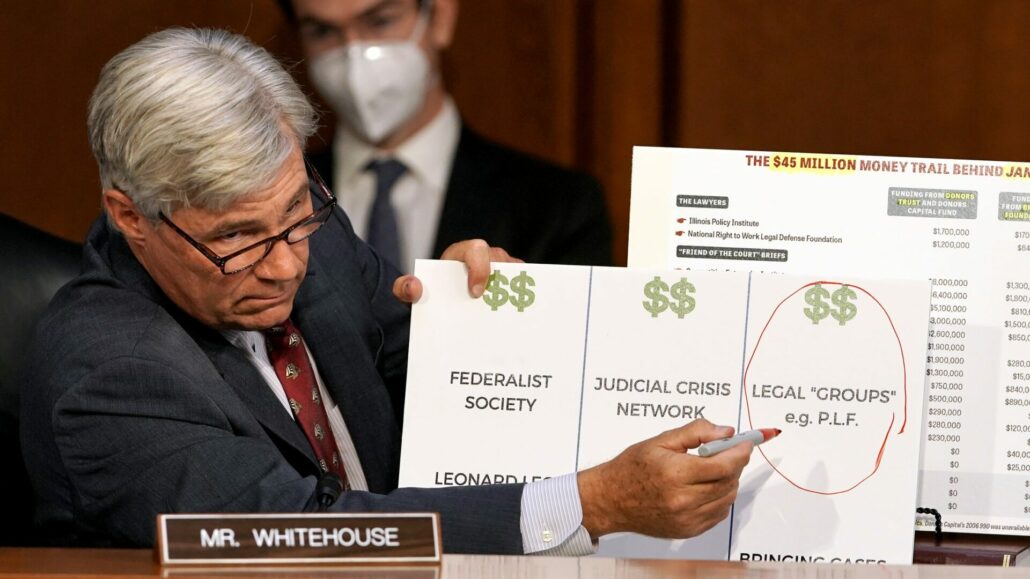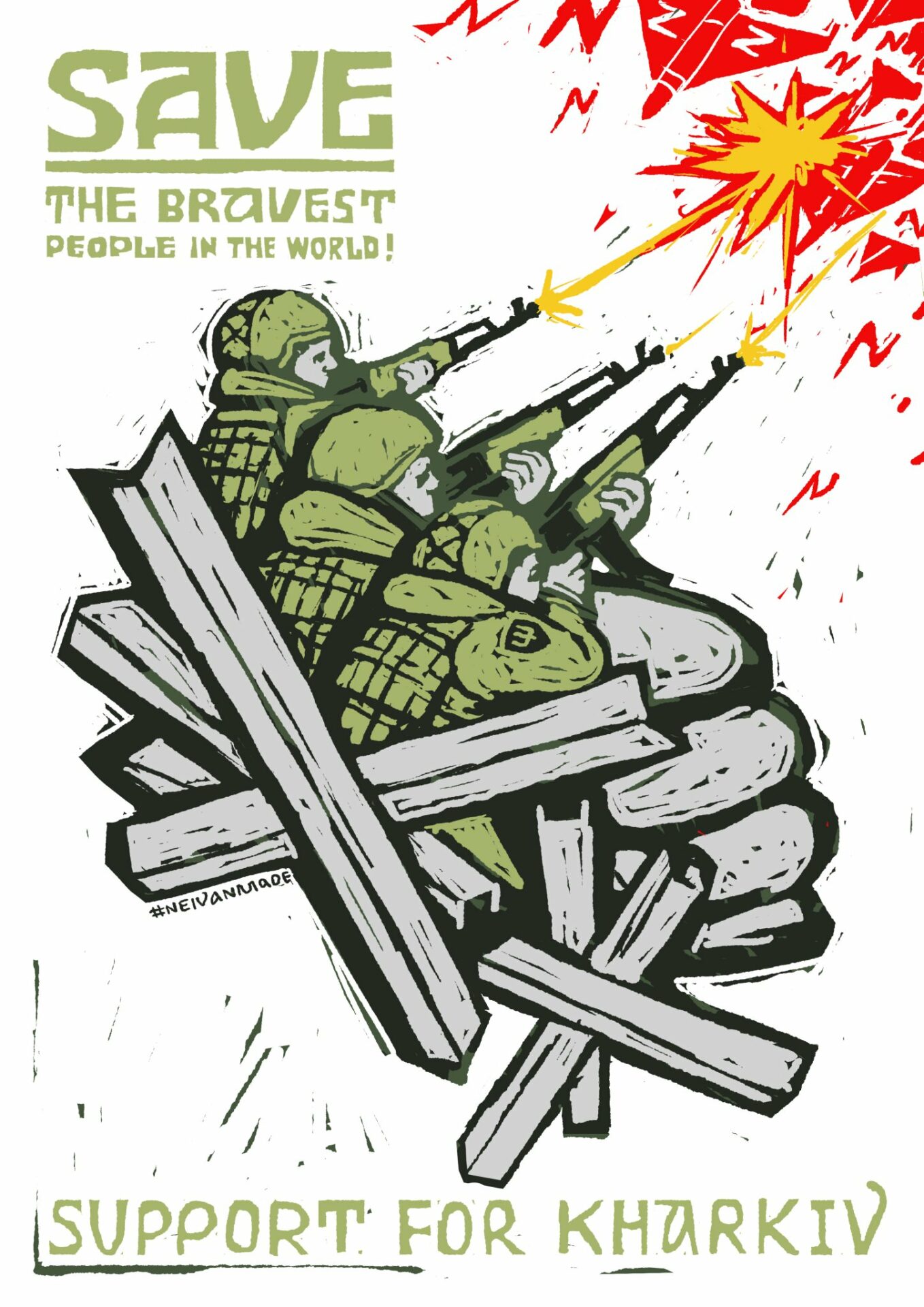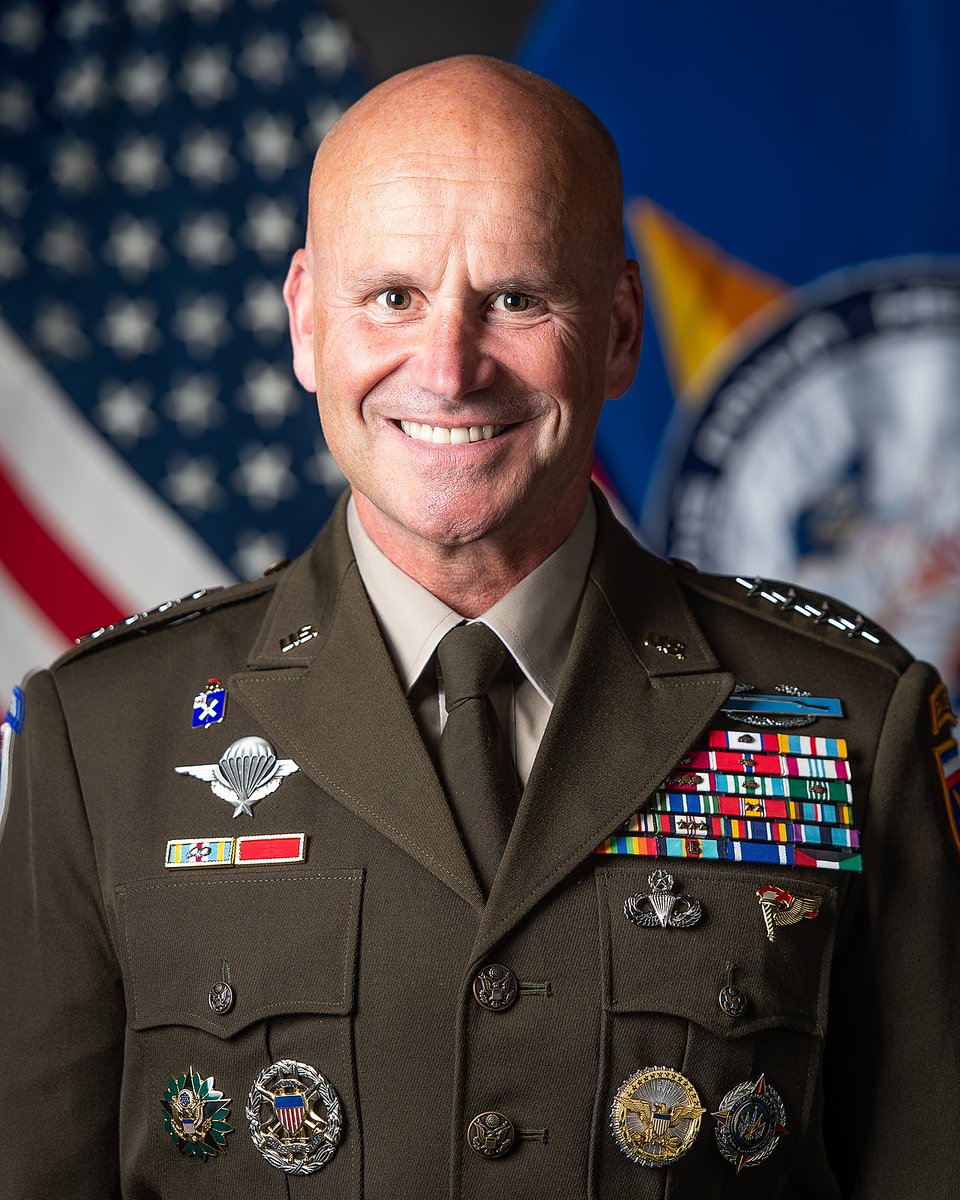I traveled to Texas to see the eclipse, and most of my travel was on US Highway 287. Between Denver and Amarillo, there’s not a hell of a lot to see. Google Maps calls US 287 the “Heartland Expressway” in Colorado, but if this is the heart of our land, we need to cut down on the cheeseburgers and get to the gym a little more often. Though I’ve spent plenty of time in rural America, the level of decay in small rural towns seemed worse this time. Maybe it’s because I’ve been living in metro Denver for the last few months. Denver definitely has its problems, but it is a bustling, booming place, with lots of new construction. Not so in eastern Colorado, and the Texas and Oklahoma panhandles.
The pictures I’ve embedded were taken in Eads and Hugo, Colorado and Paducah, Texas, but there are a lot of other towns with the same decaying buildings on the side of the road. It’s not all bad: there are signs for fundraisers, and monuments like the Eads town sign, that show the community making an effort. There are also a lot of Trump signs, “Impeach the Democrats” signs, and other associated signals that these areas are about as red as you can get in the West.
I’ve been following with interest the “debate” between the authors of White Rural Rage, Paul Waldman and Tom Schiller, and political scientists like Nicholas Jacobs. John linked to Waldman and Schaller’s piece addressing their critics, and here’s Jacobs’ piece in Politico. Jacobs, who wrote The Rural Voter: The Politics of Place and the Disuniting of America thinks that “rage” isn’t the right word — rather, we should say “resentment”. I’ve always thought that resentment was rage after it had curdled, soured and burrowed itself deep into someone’s head, but Jacobs makes big noise about the distinction. He also picks through polling research to present a picture of rural America (by which he clearly means white rural America) as a place that’s not quite as racist as you’d think.
Jacobs can certainly read polls, but he has very little insight about how the views reflected in those polls came to be. The words “Fox News” are nowhere to be found in his piece. Having seen the evidence of radicalization firsthand in my rural relatives, talking about heartfelt views of heartlanders without talking about the diet of right-wing propaganda that they regularly ingest is missing the story. Or, as Waldman and Schaller put it:
What isn’t said enough is that rural whites are being told to blame all the wrong people for their very real problems. As we argue in the book, Hollywood liberals didn’t destroy the family farm, college professors didn’t move manufacturing jobs overseas, immigrants didn’t pour opioids into rural communities, and critical race theory didn’t close hundreds of rural hospitals. When Republican politicians and the conservative media tell rural whites to aim their anger at those targets, it’s so they won’t ask why the people they keep electing haven’t done anything to improve life in their communities.
Also, cut me a break with the patronizing views of rural folk as the simple-hearted (and simple-minded) moral backbone of America. Maybe, overall, people treat each other a little better than average in a small town, but people in those towns know each other, and humans are far more likely to be good to people they know than to strangers. I find it condescending and wrong to treat rural folk as somehow better then everyone else. But there’s enormous pressure to do so — here are Waldman and Schaller again:
We call this phenomenon the “shouts and whispers” approach to social science discourse about rural whites. Find no difference between the political attitudes of rural whites and other Americans, or show that they have admirable values? Shout it from the rooftops. Uncover transgressive political beliefs among rural whites? Whisper it at a conference panel with a dozen people in attendance and no media to be found.
Rural America gets all the breaks in our political system. They get more representation, more federal money and more positive attention than urban dwellers. Yet their towns are in decay, their health is terrible, and they are under the sway of a bunch of big-city liars who wouldn’t piss on them if they were on fire. If we’re going to understand rural voters, we need to start with the bare facts, not some fantasy.
Corrections: It’s “Schaller” not “Schiller” and the last picture was taken in Hugo, Colorado.






